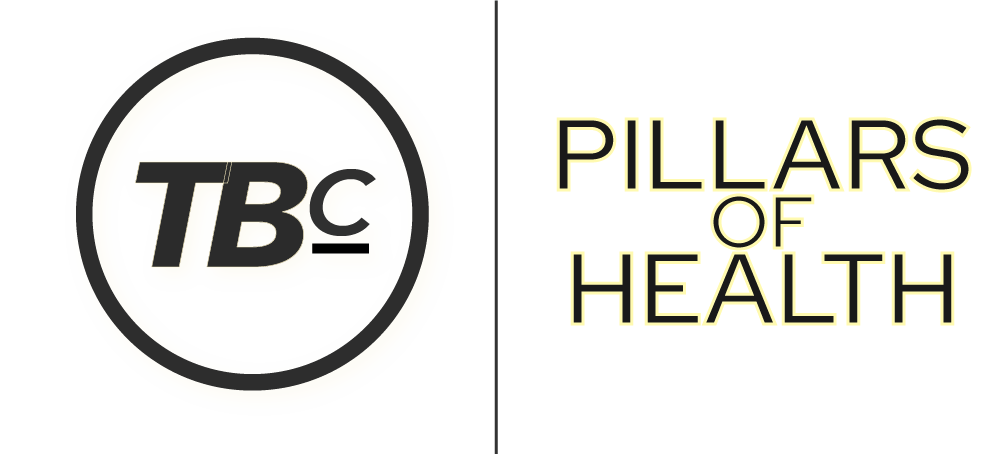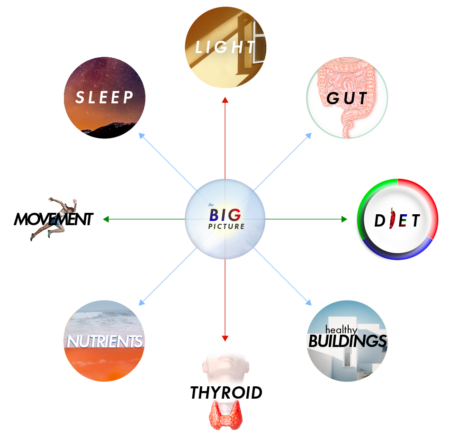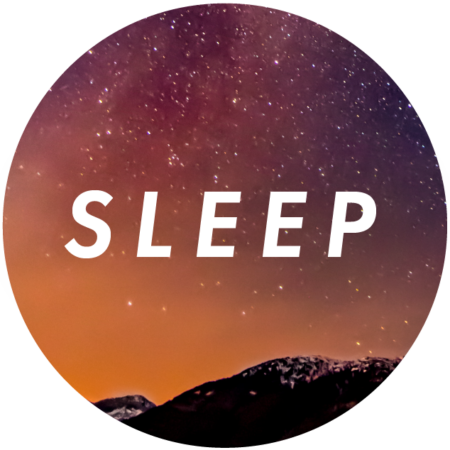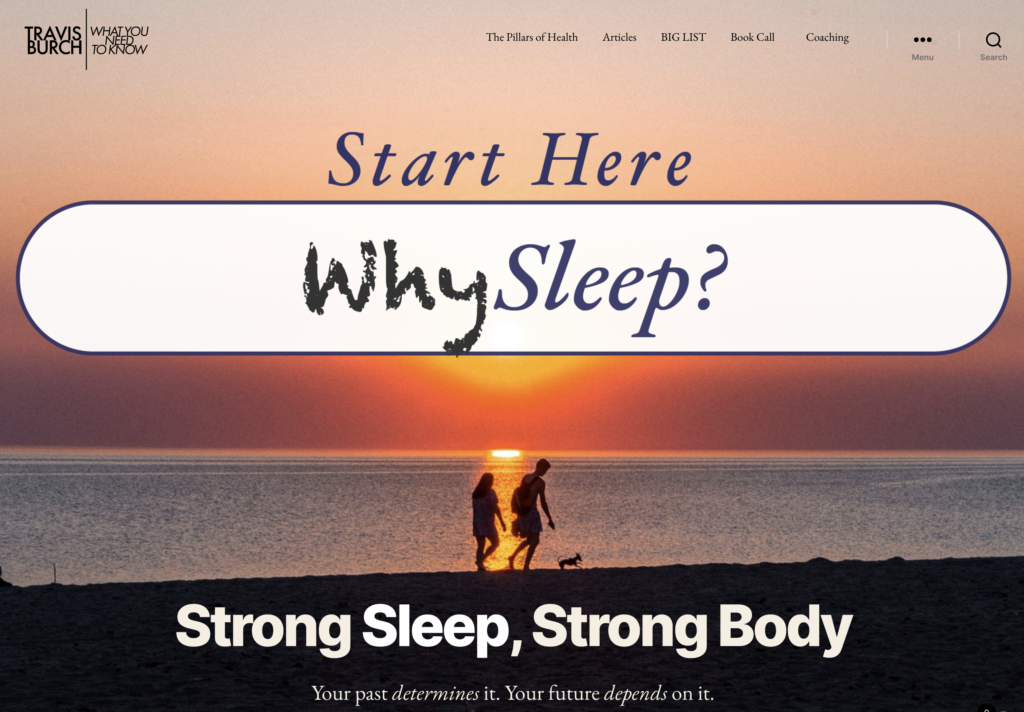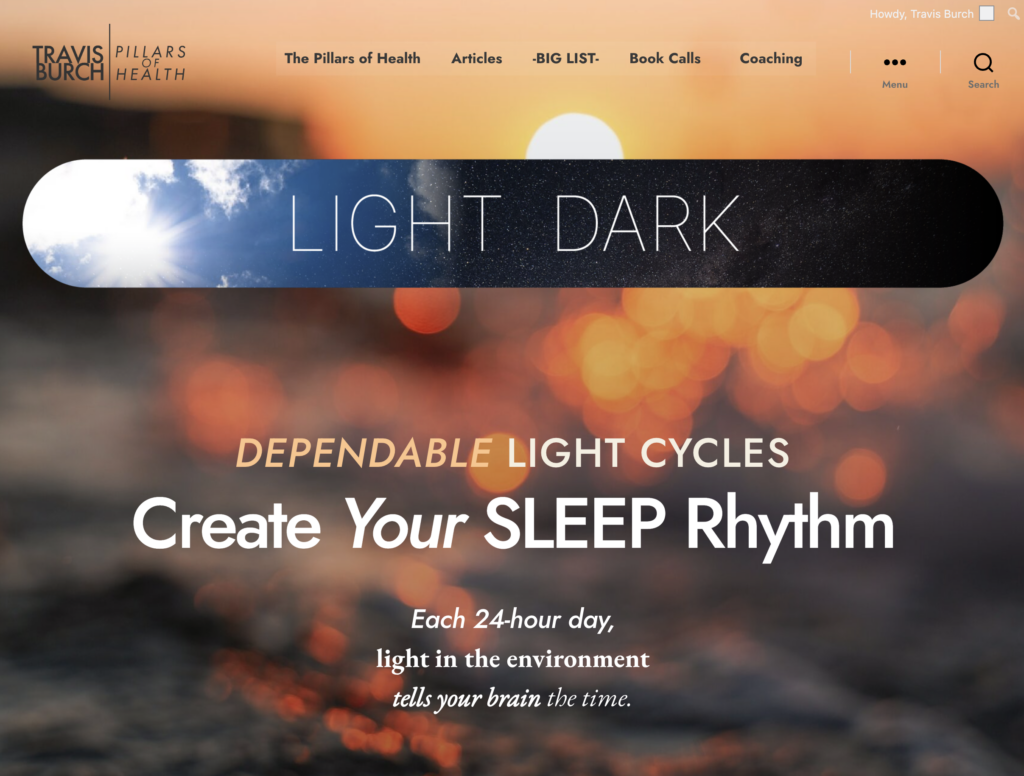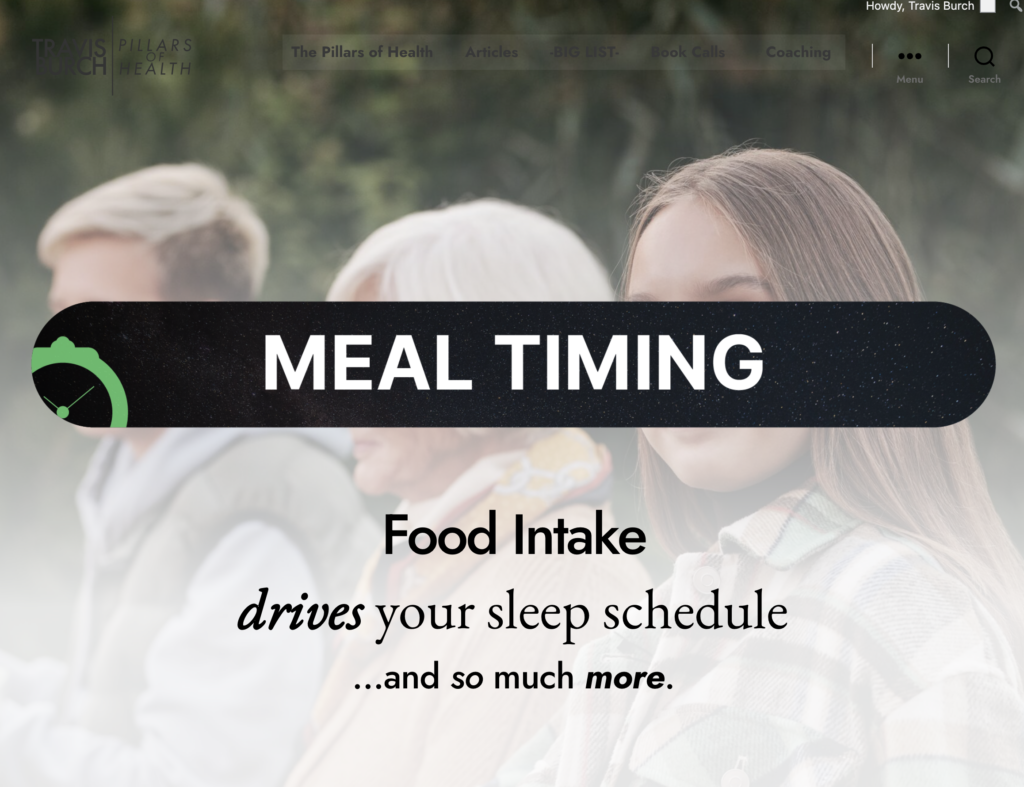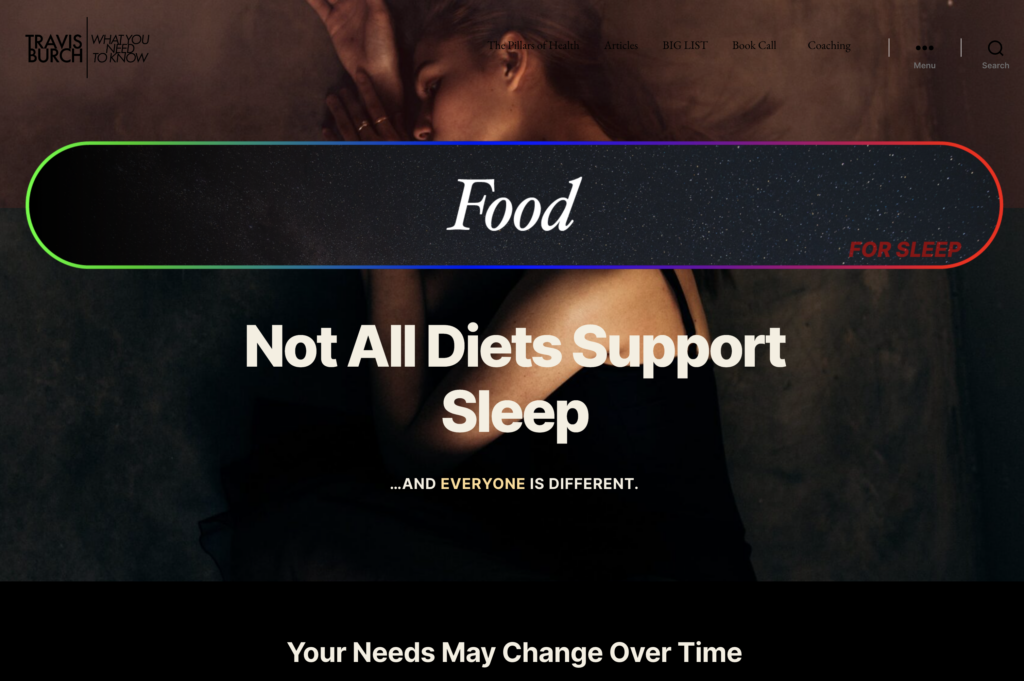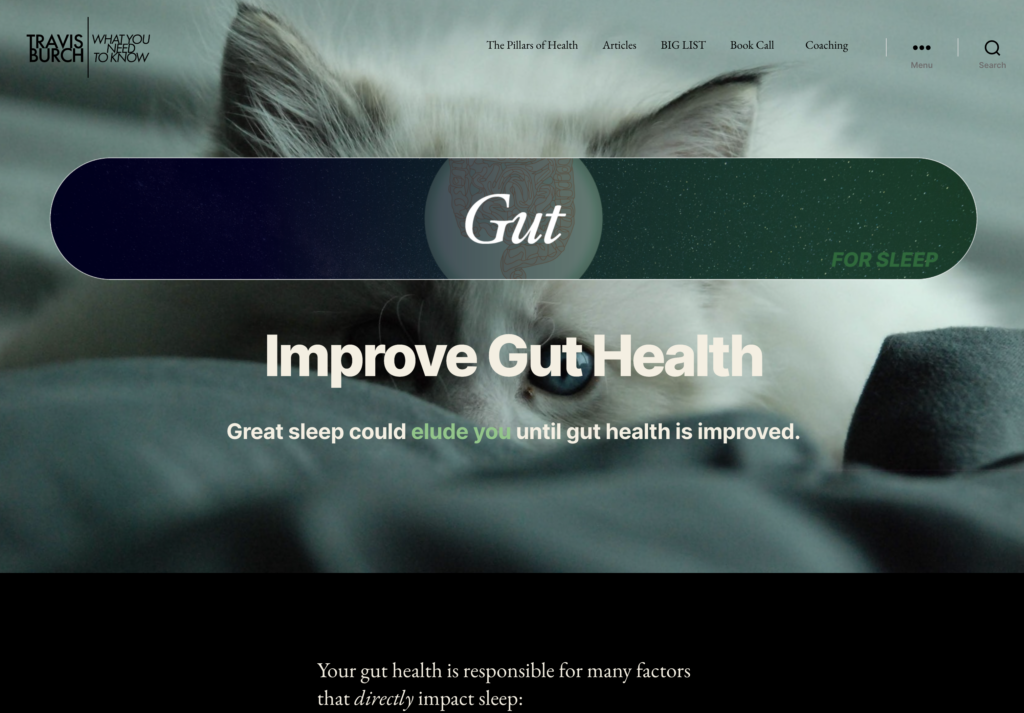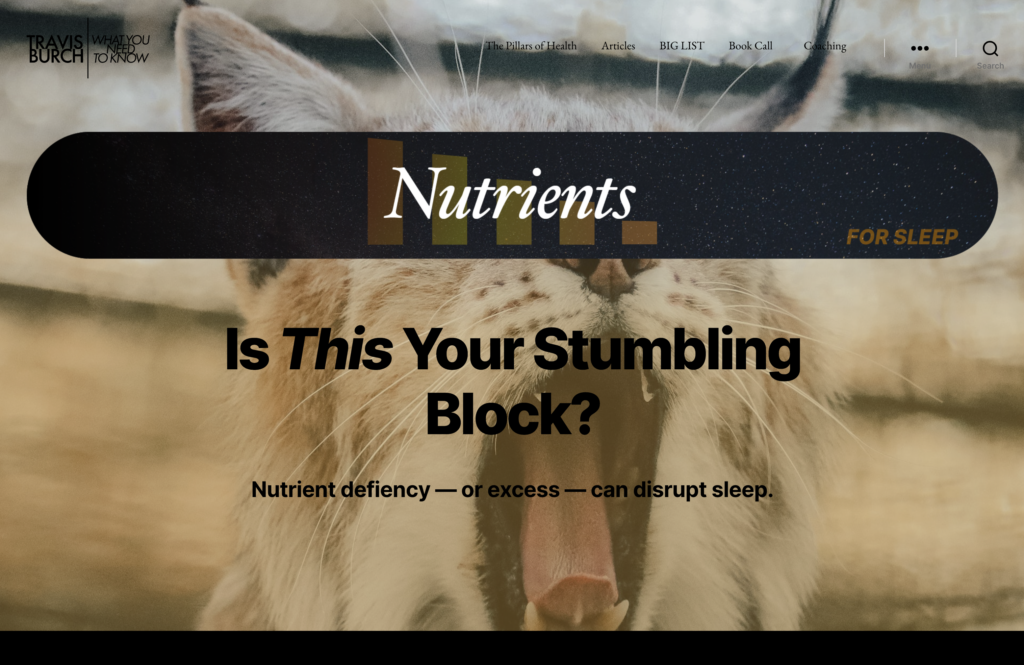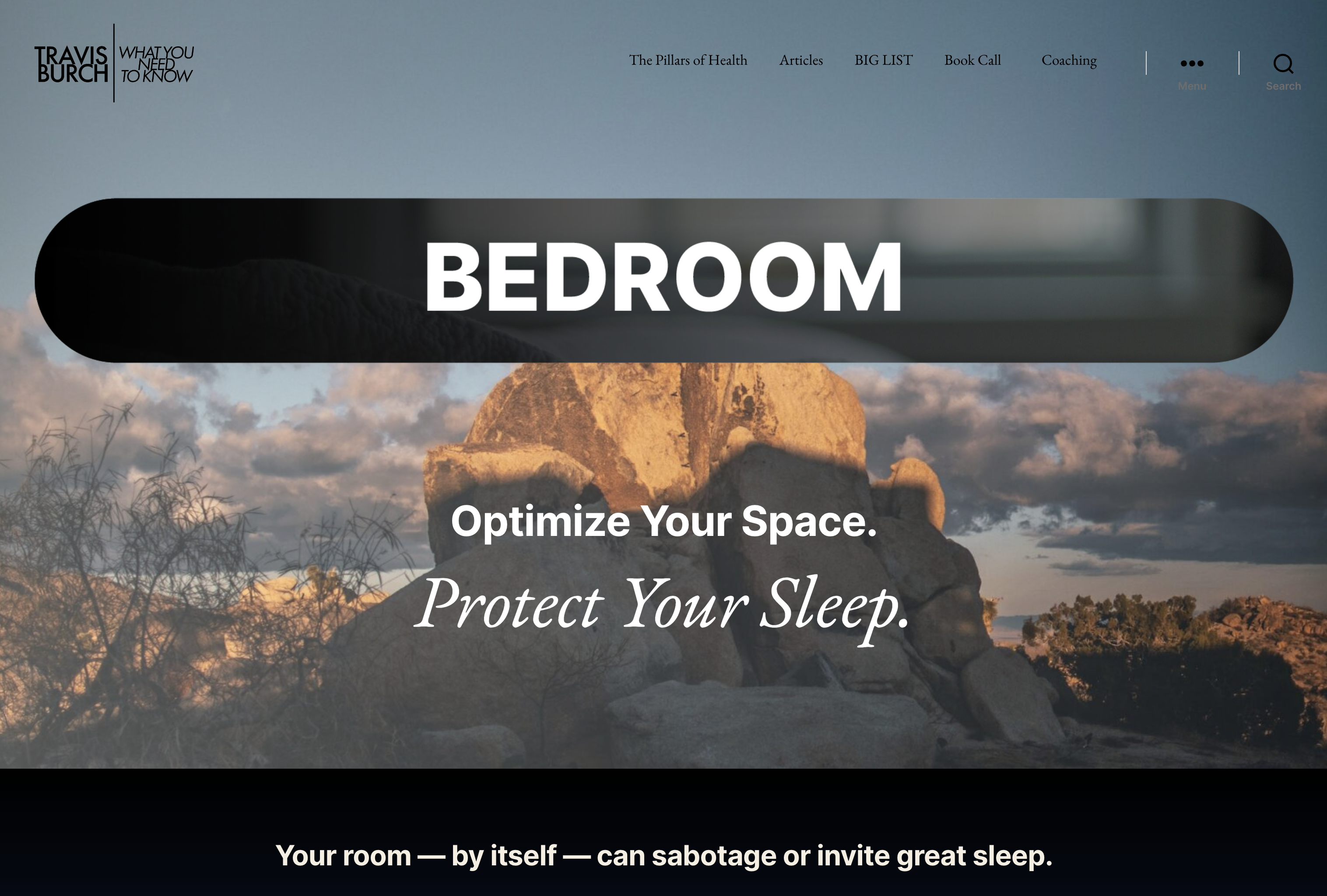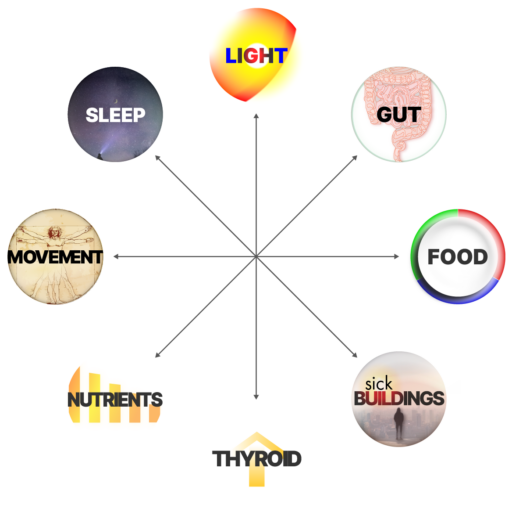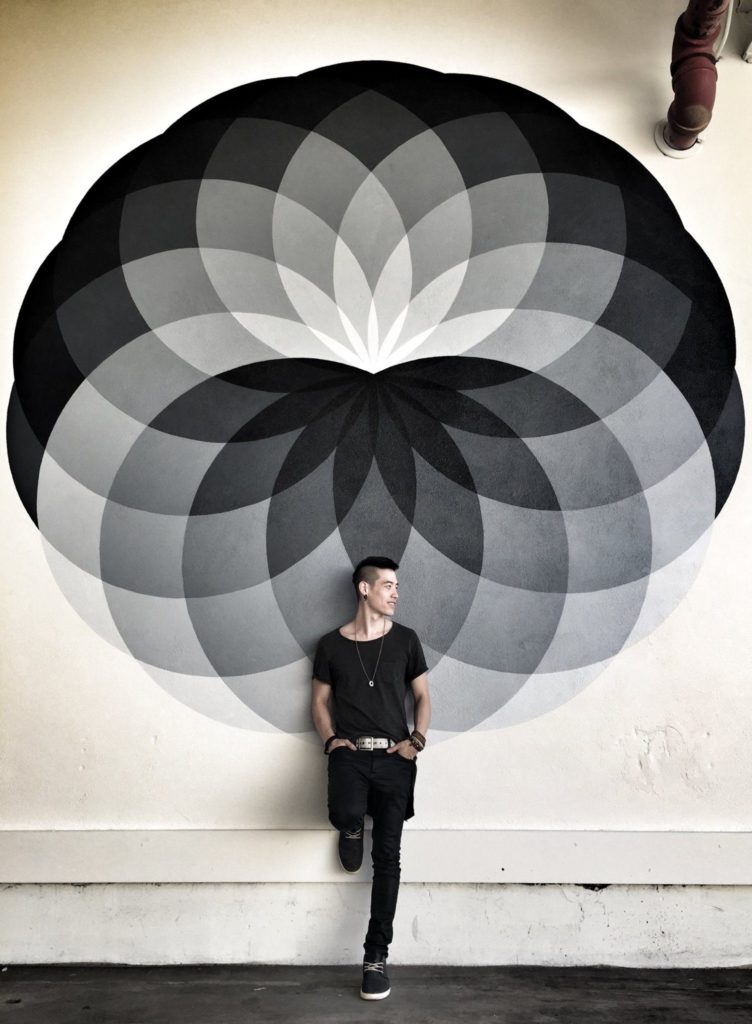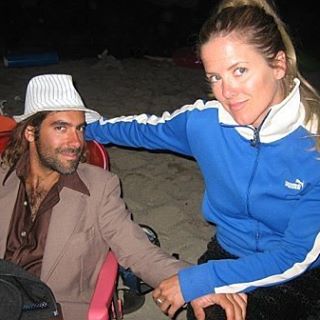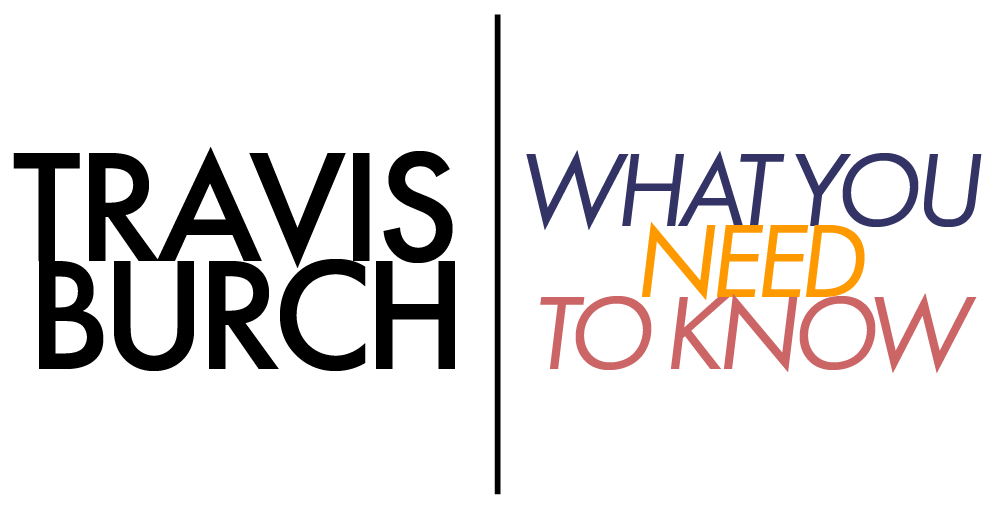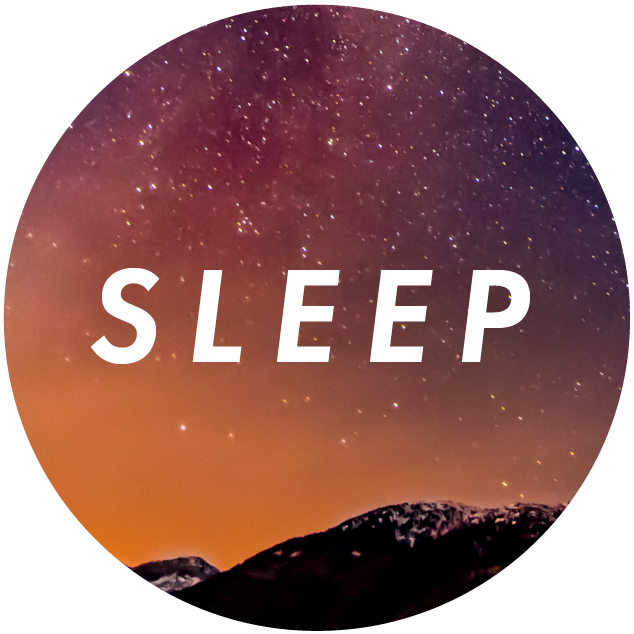Your circadian rhythm
determines the quality of your sleep.
Q: What is the “circadian rhythm?”
Answer: Your body keeping its own time, using its own internal clock mechanisms.
Your body’s internal clock synchronizes to the outside world via environmental signals.
What primarily determines the quality of your circadian rhythm?
Light.

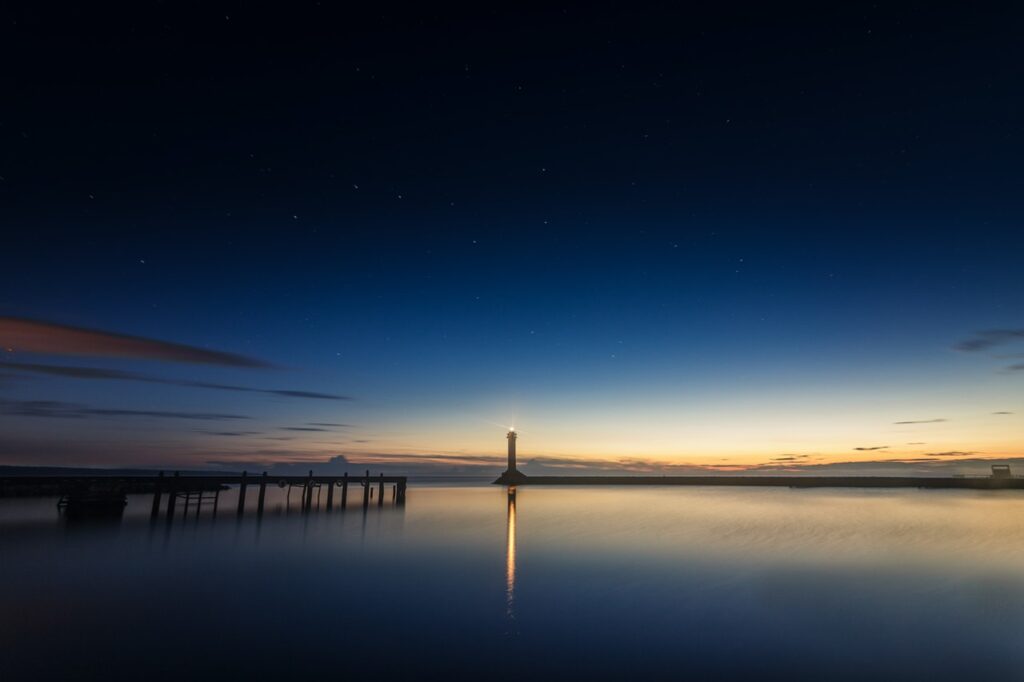
With few exceptions, all life developed “under bright days and dark nights” (source).
Melatonin is not unique to humans. It’s not unique to mammals. It’s in amphibians, birds, reptiles, cockroaches, insects, spiders, unicellular organisms, bacteria, plants – every plant that has been studied contains melatonin. Every organism contains melatonin.
Russel Reiter, PhD
These environmental signals (brightness & darkness) synchronize your body’s circadian clock.
More than any other variable, light drives your body clock.
— Way more than exercise. Even more than meal timing.
Light on Skin vs Eyes
While your skin does have photoreceptors that sense environmental light — the eyes have 100x more photoreceptors than skin.
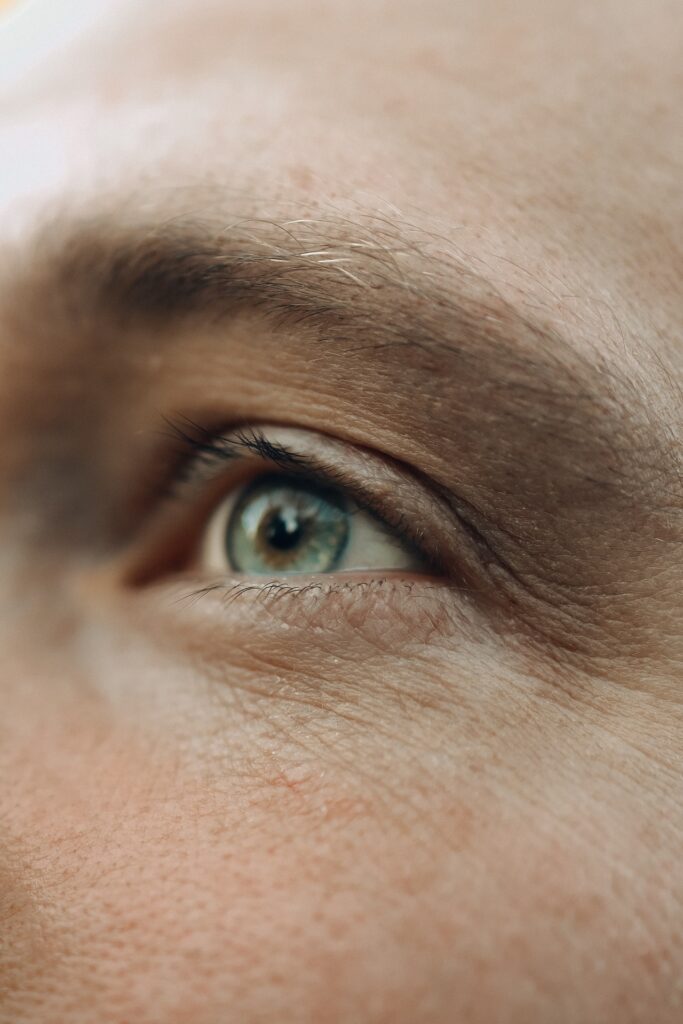
The eyes are the windows to the circadian soul.

The light in your environment holds the keys to mastery of your circadian rhythm.
other variables that affect your circadian rhythm:
But light is circadian royalty. Nothing else — with the exception of, perhaps, a peaceful, trusting mind — comes close.
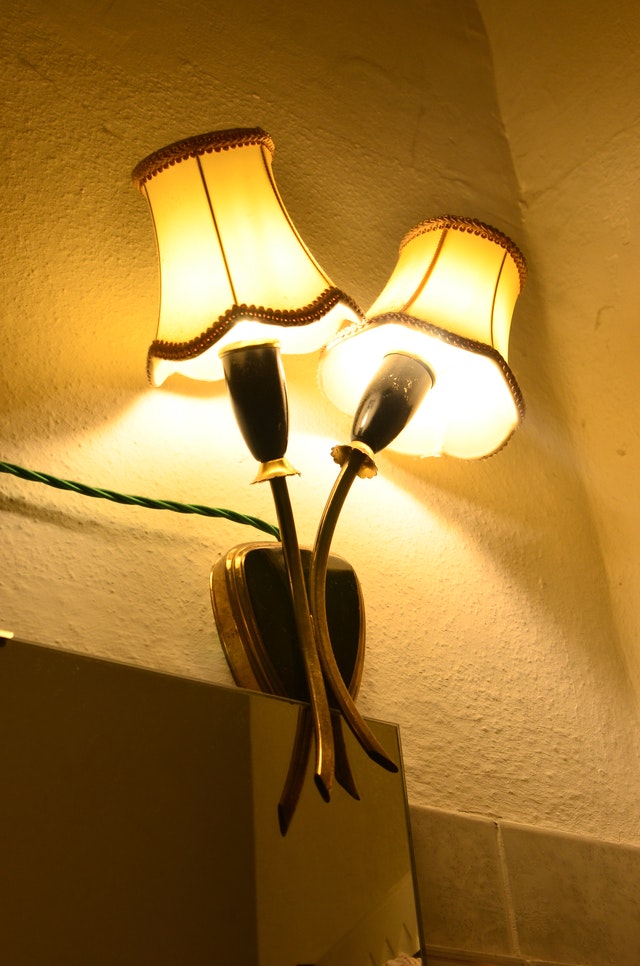
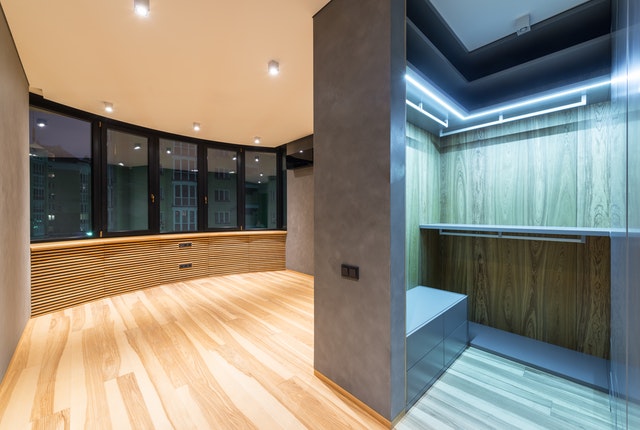
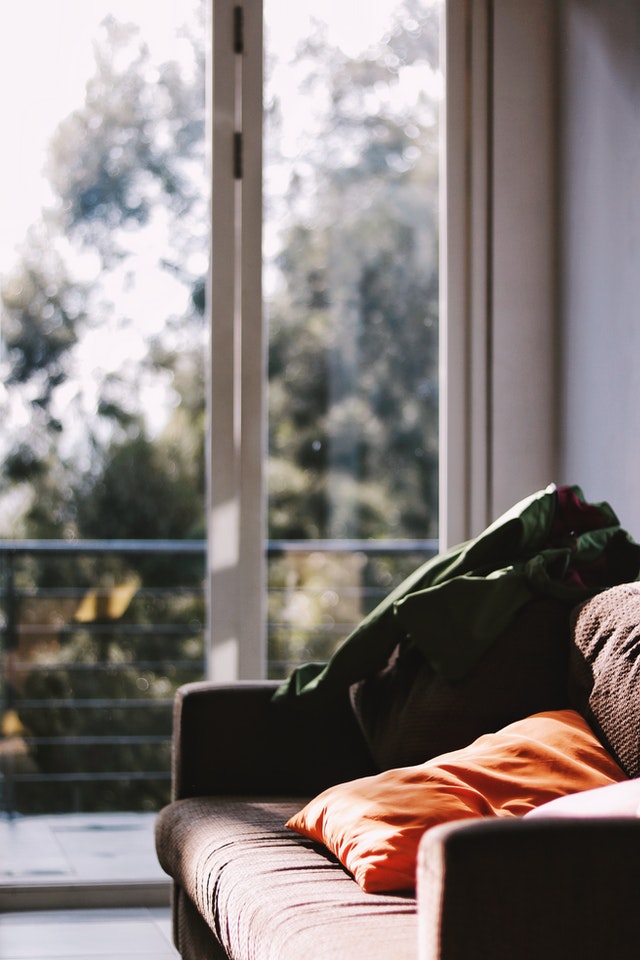
‘Zeitgeber‘
“time giver”
Environmental stimuli signaling the progression of time are known as zeitgeber, a German word meaning “time giver,” and include light as the most prominent signal, as well as others, such as patterns of exercise,[14] food consumption,[15] social activity, and more.
https://journals.lww.com/cmj/Fulltext/2021/03200/Light_therapy__a_new_option_for_neurodegenerative.2.aspx
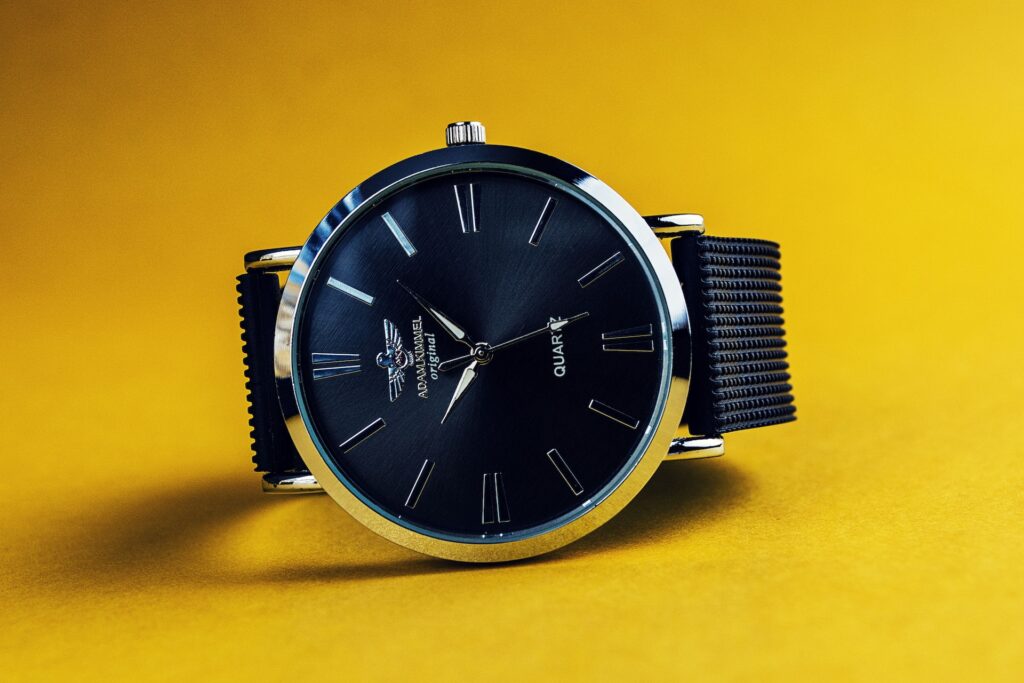
The most important zeitgeber (from German, something that “gives time”) reaching the SCN is ambient light in the environment.
https://www.ncbi.nlm.nih.gov/pmc/articles/PMC6751071/

Light during the day and darkness at night are crucial factors for proper entrainment of the human circadian system to the solar 24-h day.
https://pubmed.ncbi.nlm.nih.gov/28637029/
Melatonin is the hormone of sleep. When it rises, you get sleepy. When melatonin falls, you’re alert.
- Melatonin has all sorts of benefits: it’s anti-cancer, it promotes immunity, it’s anti-inflammatory, and protects the gut microbiome from pathogens.

Your Progress — 5%
[/wcm_nonmember]
